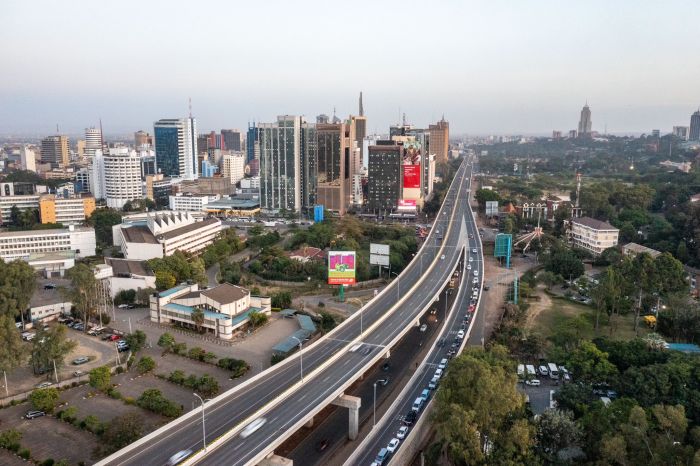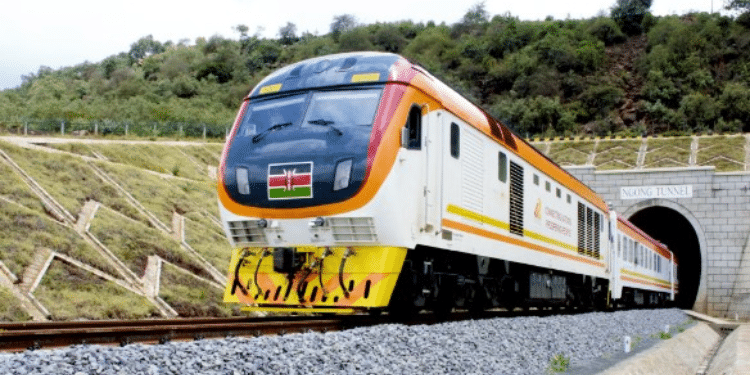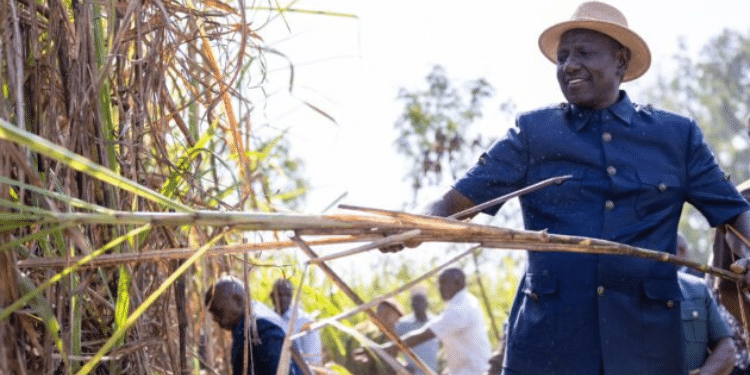The Ministry for Agriculture and Livestock Development has invited bids from interested and eligible firms for the leasing of two sugar millers. In a notice on February 28, the State Department for Agriculture invited bids for the leasing of Nzoia Sugar and Chemelil Sugar companies.
The tenders are under numbers MOALD/SDA/IT/001/2024/2025 (Nzoia Sugar) and MOALD/SDA/IT/002/2024/2025 (Chemelil Sugar).
The two are public sector owned/controlled sugar companies.
Interested bidders may obtain a complete set of tender documents upon payment of a non-refundable fee of Ksh5000 in cash or bankers’ cheque or may be downloaded free of charge from the ministry’s website: http//www.kilimo.go.ke or PPIP portal http//www.tenders.go.ke.
Completed tender documents are to be enclosed in plain sealed envelopes with the respective tender numbers and be deposited in the tender box at Kilimo House, Cathedral Road, Main Reception addressed to the Principal Secretary, State Department for Agriculture, P.O Box 30028-00100 Nairobi, to be received on or before Friday March 21, 2025, at 11.00 am.
Leasing Nzoia and Chemelil Sugar Companies
Furthermore, interested and eligible bidders may obtain more information from and inspect the tender documents at Kilimo House, Cathedral Road, 4th Floor Room 4.1B or at the websites indicated above.
Also Read: Directive Issued for Tracing Packed Sugar at Retail Shops
According to the Ministry, tenders will be opened immediately thereafter in the presence of candidates or their designated representatives who choose to attend at Kilimo house, cathedral road, ASCU Boardroom upper floor.
Each tender notice has a Ksh200,000,000 security cap.
Earlier in the month, the government announced that it had begun the process of leasing five public sugar plants to private businesses that would operate the millers for 20 years, as part of a new revitalization plan.
This came months after the Cabinet granted permission for the lease by waiving $724.5 million (Ksh117 billion) in debt that public sugar millers owed, including taxes, interest, and penalties.
Through the Agricultural Development Corporation (ADC), the government has 98.8 percent of the shares in Sony, 97.93 percent in Nzoia, 96.22 percent in Chemelil, and 1.42 percent through the Development Bank of Kenya (DBK).
Additionally, it has 49 percent of Miwani and 82.8 percent of Muhoroni.
Reasons for privatisation
The goal, according to the Ministry of Agriculture, is to make it easier for these sugar enterprises to become profitable again following modernization and effective management free from bureaucratic obstacles, therefore increasing their competitiveness in the Comesa, EAC, and global sugar markets.
The National Treasury has listed nine advantages of leasing, including increased farmer livelihoods, modernized sugar mills, tax revenue, reduced public sector funding, and increased competitiveness, as reasons why the government favors leasing over privatization.
Also Read: Ichung’wah Slams Kalonzo, Says He Can’t Match Ruto After Mumias Sugar Remarks
The government cited a number of factors, including inadequate governance, a dearth of cash and a large debt load, and falling cane yields, as reasons for the difficulties facing state-owned sugar mills.
Ruto launches Sugar Bonus Program
Earlier in January, President William Ruto granted a Ksh150 million bonus to sugar farmers who have supplied cane to Kakamega’s Mumias Sugar Factory.
Speaking during the launch of the bonus payments, President Ruto said the historic bonus payment to farmers not only validates the success of the reforms introduced in the sugar sector but is also evidence of the potential to uplift farmers and support tens of thousands of livelihoods.
“With a record 832,000 tonnes of sugar produced last year, Kenya is on course to attaining surplus production and commence regional exports by 2026, turning sugarcane cultivation into a viable and rewarding venture,” he said.
Ruto further pointed out that the reforms carried out in the sugar industry have yielded significant results.
He highlighted that the writing off of Ksh117 billion in debts, including the payment of Ksh1.7 billion in farmers’ arrears and Ksh650 million owed to employees, was part of the effort to revive the sector.
Follow our WhatsApp Channel and join our WhatsApp Group for real-time news updates.










































































